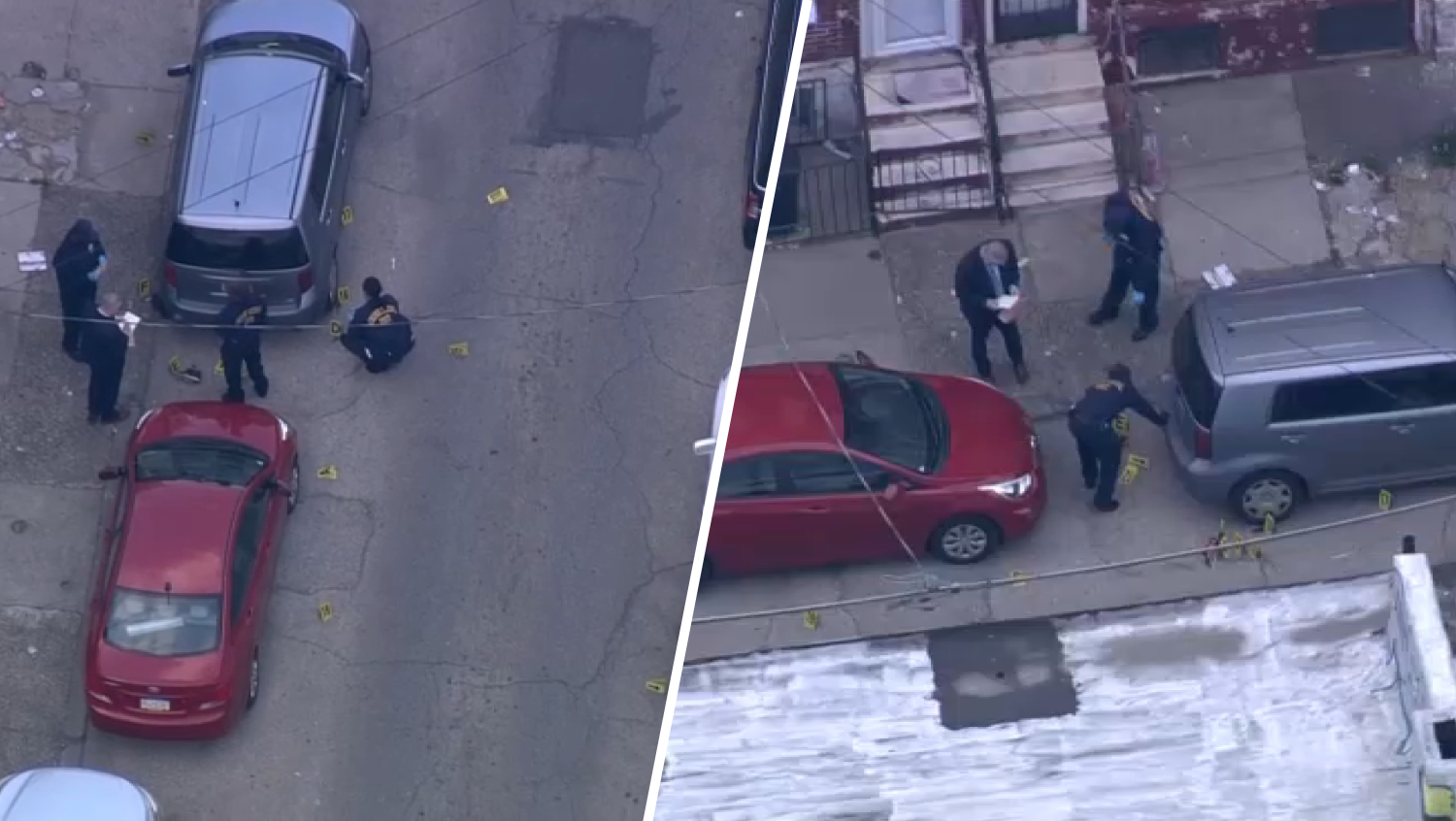On the evening of March 28, Stephanie Miller was inside a convenience store in the suburbs of Philadelphia. She was there to pick up her son from her ex-husband as part of a scheduled custody exchange.
Brian Kennedy came not with their child in tow, but armed with a semiautomatic rifle instead.
The 34-year-old "said nothing" as he entered the Radnor Township Wawa, pulled the trigger "at point blank range" and shot the 37-year-old mother of his child in the head and stomach, killing her, according to an affidavit of probable cause.
Now, a bipartisan group of elected Pennsylvania officials and law enforcement authorities is renewing calls for the state to pass new gun control measures to prevent other tragedies.
They want lawmakers to back proposed legislation that would create "extreme risk protection orders" to allow family, other loved ones and law enforcement to request court orders to remove guns from those who might pose a threat to themselves or others.
"This legislation would enable Pennsylvania to join the growing list of states that have the benefit of extreme risk protection orders. It is literally a life-saving policy that can help protect our communities from mass shootings, from firearm suicides and other acts of gun violence," Delaware County District Attorney Katayoun Copeland said.
So-called red flag laws are not new. Connecticut was the first state in the country to pass such legislation when it enacted its own version in 1999, and a handful of other states followed.
Local
Breaking news and the stories that matter to your neighborhood.
The measures gained even more momentum following the 2018 mass shooting at a high school in Parkland, Florida. That state passed its red flag law shortly thereafter, and more states have followed since.
Fourteen states, plus Washington, D.C., have red flag laws in the books.
"There are policies that are working in other states. There are policies that we can adopt here in Pennsylvania to reduce gun violence," Republican state Rep. Todd Stephens said. Stephens introduced a red flag bill in the House, while his fellow Republican Sen. Tom Killion has his own version in the Senate.
Democratic Rep. Jennifer O'Mara, whose father died by suicide when she was 13, joined both at a Friday morning news conference and stressed the role of emergency orders in reducing the number of gun suicides.
"A week before he died, he cried on my shoulder. It was the first and only time I ever saw my dad cry, and I knew there was something wrong, but there was nothing I could do to help him," she said.
A study in the June 2018 issue of Psychiatric Services, a journal published by the American Psychiatric Association, found that Connecticut saw a 1.6 percent drop in gun-related suicides immediately after it passed its red flag law. The rate improved further, to 13.7 percent, when Connecticut started more stringently enforcing the law after the Virginia Tech shooting in 2007.
Likewise, the study found that gun-related suicides in Indiana dropped by 7.5 percent after it enacted its law in 2005.
In Pennsylvania, a law approving emergency protective orders would also provide "a mechanism that is missing in our courts," Copeland said.
Miller was clearly afraid of her ex. Three years earlier, Kennedy had been arrested for threatening to kill her at the same exact Wawa store where the fatal shooting took place. At some point, she had been granted a protective order against him, but it expired in September 2018.
On March 16, less than two weeks before the fatal shooting, Kennedy legally purchased the rifle which he would use to kill Miller, Copeland said.
"Stephanie's killer was able to walk into a gun shop and buy his AR-15 legally, with nothing, and no one, stopping him," said Stephanie Frankel, co-executive director of Delaware County United for Sensible Gun Policy.
Michael D'Arco, who began dating Miller after she divorced from Kennedy, has criticized the justice system following the shooting. Previously, he told NBC10 that he had to spend $7,000 in legal bills just prior to the protection from abuse order expiring.
"That is why it was not renewed," he said. "Because Stephanie had been a victim of a judicial system that she got caught up in with no advocates. No help."
Kennedy is now charged with first- and third-degree murder and criminal homicide.



